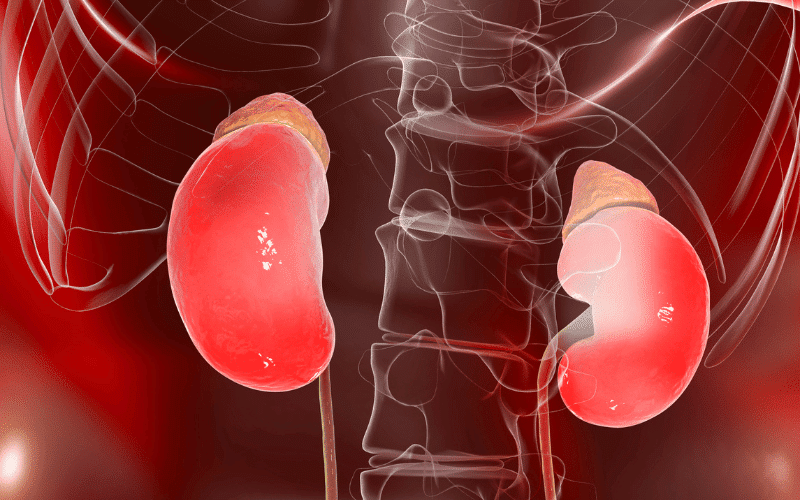Frequently Asked Questions about Kidney Health

1. What are the main functions of the kidneys?
The kidneys are responsible for filtering waste products and excess fluids from the blood, regulating electrolyte balance, and producing hormones that help regulate blood pressure, red blood cell production, and calcium metabolism.
2. What are some common risk factors for kidney disease?
Common risk factors for kidney disease include diabetes, high blood pressure, obesity, a family history of kidney disease, older age, and certain ethnic backgrounds (such as African American, Hispanic, Native American, and Asian).
3. Can kidney disease be reversed?
Early stages of kidney disease can often be managed, and in some cases, kidney function can improve with lifestyle changes and medical treatment. However, advanced kidney disease may not be reversible, and treatment may focus on managing symptoms and slowing disease progression.
4. How can I tell if my kidneys are functioning properly?
Regular blood and urine tests can help assess kidney function. Glomerular filtration rate (GFR) is a measure of kidney function that can be calculated using a blood test. A urine test can detect proteinuria, which is excess protein in the urine and a sign of kidney damage. It’s important to consult your healthcare provider for regular checkups to monitor kidney function.
5. How much water should I drink to support healthy kidneys?
The general recommendation is to drink at least six to eight glasses of water per day. However, individual hydration needs may vary depending on factors such as age, activity level, and climate. It’s essential to stay hydrated but avoid overhydration, which can lead to hyponatremia and other health issues.
6. Can diet and exercise alone improve kidney function?
Diet and exercise can play a significant role in improving kidney function and preventing kidney disease. A balanced diet, regular physical activity, and maintaining a healthy weight can help reduce the risk factors for kidney disease, such as high blood pressure and diabetes. However, it’s important to consult your healthcare provider for personalized recommendations based on your specific needs and medical history.
Conclusion
In conclusion, maintaining healthy kidney function is crucial for overall health and well-being. By following these 15 tips, you can take proactive steps to improve your kidney function and reduce your risk of kidney disease. Remember that a balanced lifestyle, regular checkups, and staying informed about kidney health are vital components of maintaining optimal renal health. Prioritize your kidney health, and enjoy the benefits of a well-functioning body.